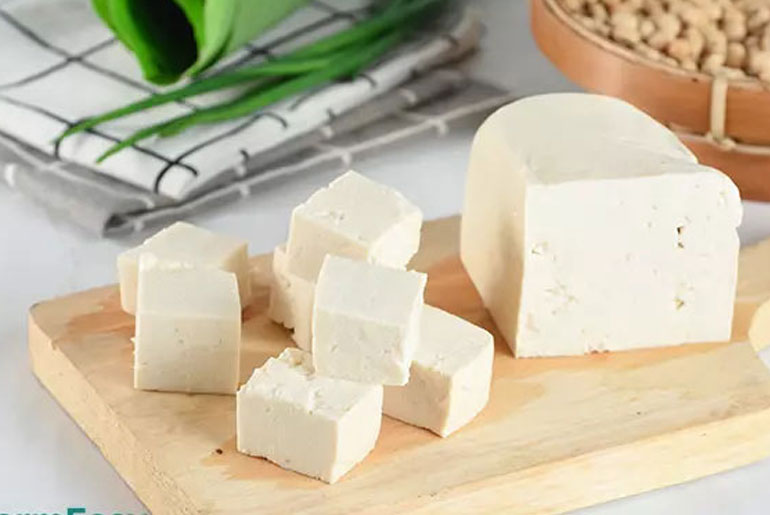Eating paneer daily can offer numerous health benefits, including being a rich source of protein essential for muscle growth and repair, and providing calcium and phosphorus that support strong bones and teeth. It also boosts immunity, aids digestion, and supports weight loss by keeping you full longer. However, it’s important to consume paneer in moderation due to its high calorie and saturated fat content, which can contribute to weight gain and high cholesterol levels. Additionally, individuals with lactose intolerance should be cautious. Ensuring the paneer is of high quality and fresh can help maximize its health benefits while minimizing potential drawbacks. Here’s a detailed look at the benefits and considerations:
Health Benefits of Eating Paneer Daily
- High in Protein: Paneer is an excellent source of protein, especially for vegetarians. It aids in muscle repair, growth, and overall body maintenance. Include paneer in your diet if you need a high-protein source, especially if you’re engaged in regular physical activity or strength training.
- Rich in Calcium: Paneer provides a good amount of calcium, which is essential for strong bones and teeth. It’s beneficial for individuals at risk of osteoporosis or those looking to strengthen their bone health.
- Good Source of Healthy Fats: Paneer contains healthy fats that are necessary for hormone production and cell function. Moderate consumption can be beneficial, especially if you’re trying to maintain a healthy weight.
- Aids in Digestion: The presence of phosphorus and magnesium in paneer helps in digestion and excretion. It can be a good dietary inclusion for those with digestive issues.
- Supports Weight Management: Protein-rich foods like paneer can help keep you full longer, potentially aiding in weight management. Incorporate paneer in balanced portions to help manage hunger and support weight loss or maintenance goals.
- Beneficial for Heart Health: Paneer contains potassium, which helps in regulating blood pressure and may support heart health. Include paneer as part of a heart-healthy diet but be mindful of portion sizes and overall fat intake.
Considerations for Eating Paneer Daily
- Caloric Content: Paneer is relatively high in calories, so consuming it in large quantities may contribute to weight gain. Monitor your portion sizes and total caloric intake to avoid unintended weight gain.
- Fat Content: While paneer has healthy fats, it can also be high in saturated fats. Opt for low-fat paneer or control portion sizes to keep saturated fat intake within recommended limits.
- Lactose Intolerance: Paneer is a dairy product, so it may not be suitable for those with lactose intolerance. If you’re lactose intolerant, you might need to find alternative protein sources or consume lactose-free versions of paneer.
- Potential for High Sodium: Some commercially prepared paneer can have added salt. Check labels for sodium content and opt for homemade or low-sodium varieties if needed.
- Balance with Other Nutrients: Relying solely on paneer for protein can lead to an imbalance in nutrient intake. Ensure a varied diet that includes other protein sources such as legumes, nuts, seeds, and lean meats (if not vegetarian).
Eating paneer daily can be beneficial due to its high protein, calcium, and healthy fat content. However, it’s important to consume it in moderation and as part of a balanced diet. Be mindful of its caloric and fat content, especially if you have dietary restrictions or health conditions. If you incorporate paneer wisely, it can be a nutritious and delicious part of your daily diet.
Disclaimer:
The information contained in this article is for educational and informational purposes only and is not intended as a health advice. We would ask you to consult a qualified professional or medical expert to gain additional knowledge before you choose to consume any product or perform any exercise.







